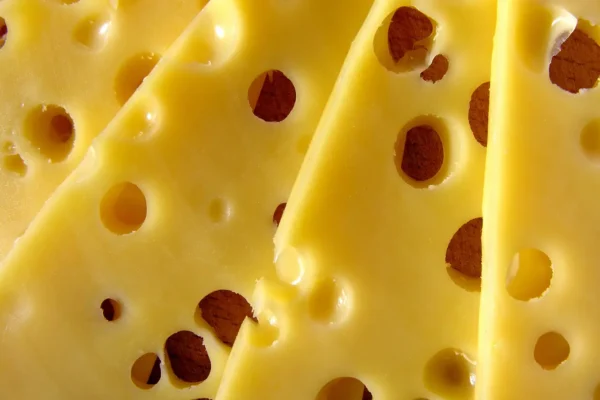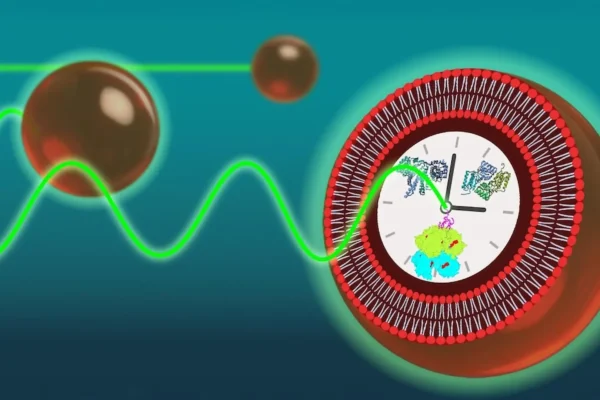
Chemical Staples Keep Collagen from Falling Apart
Researchers investigated collagen IV’s thermal instability, finding that a cystine knot keeps collagen threads together and helps facilitate refolding. Image credit:© Istock, quantic69 As the foundation for connective tissues like tendons, bones, cartilage, and skin, collagen is the most abundant protein in the human body. It serves as the body’s scaffolding, supporting cells as they…













